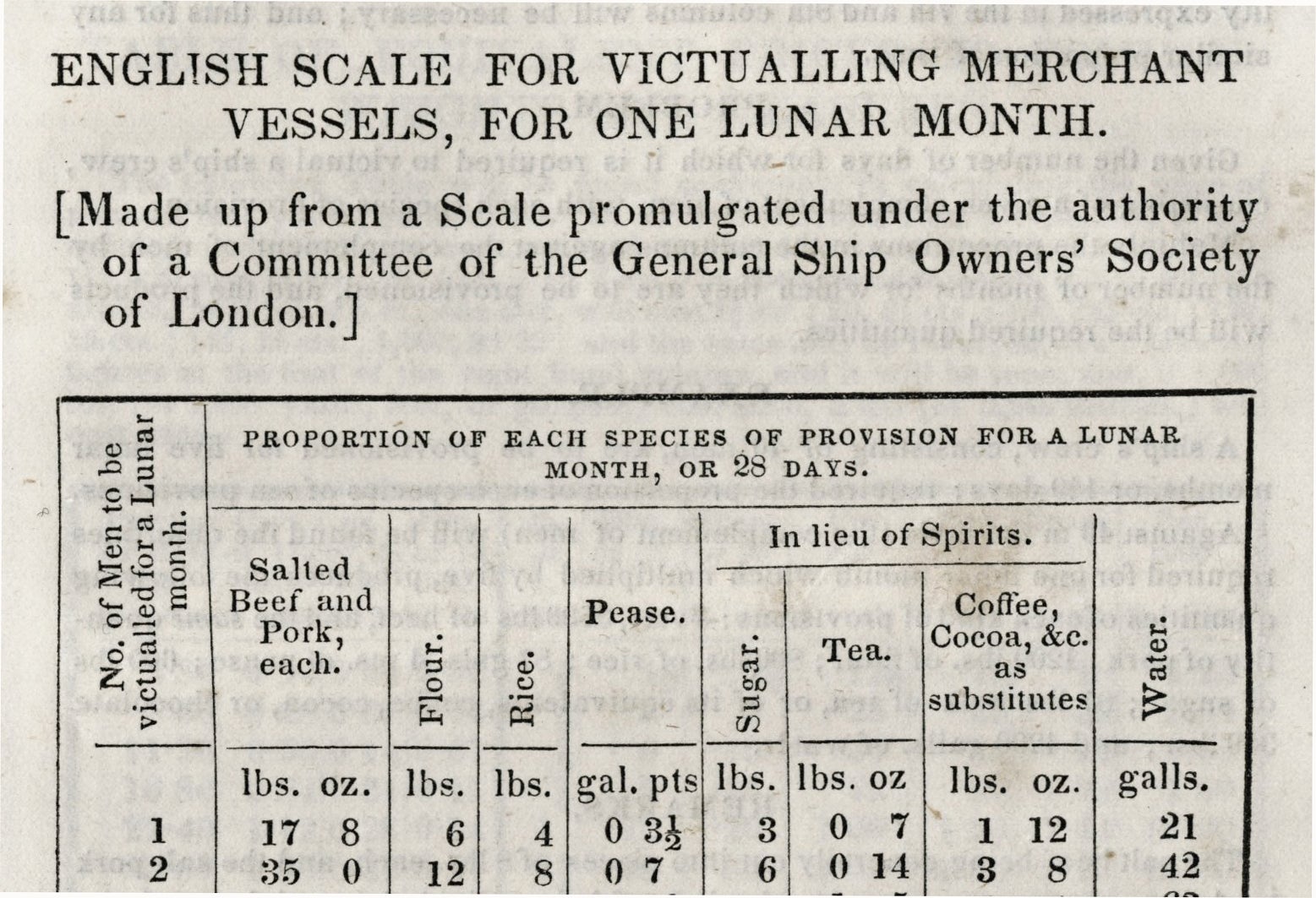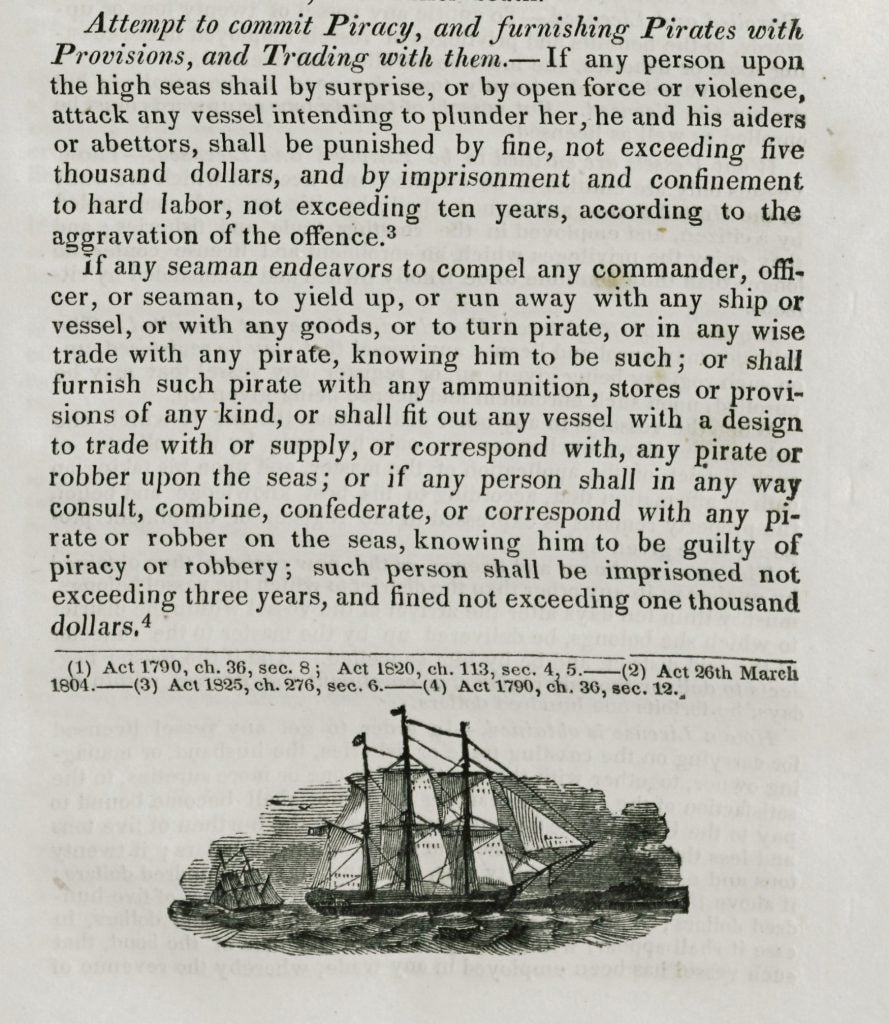Legal Advice for Shipping and Sailing
Source:
The Merchant Shipper’s Assistant and Common Carrier’s Guide (Boston: I.R. Butts, 1850) and The Seaman’s Assistant (Boston: I.R. Butts, 1849).
Joyner Library Special Collections, HE745 .B88 1850
Digitized version available online in Joyner Library’s Digital Collections.
Staff person: Sarah McLusky
Description:
Special Collections holds many books dealing with nautical themes. Among them is Isaac Ridler Butts’ 1850 The Merchant Shipper’s Assistant and 1849 The Seaman’s Assistant – Joyner’s copies were bound together, so we have two books in one!
The first helped shipmasters, owners, and shipping companies understand insurance laws related to their business, while the second gave sailors an idea of their rights. Butts’ company printed similar volumes of insurance and business laws for landlords, tenants, mechanics, and farmers.
The second, the Seaman’s Assistant, shifts focus from shipping companies to the people who worked for them. It lists requirements for sailors’ food (lots of salt beef and pork). It also explains what companies had to pay if they left a sailor behind in a foreign port (two months’ extra wages to the sailor, one month’s to the American consulate to help support other destitute sailors).

Detail from one of several charts in “The Seaman’s Assistant” showing recommendations for feeding sailors, page 99
At ECU, 18th-century pirates like Blackbeard get most of the attention. Even in the 19th century, however, The Seaman’s Assistant still lists the penalties for piracy (which included fines, hard labor, and death).

